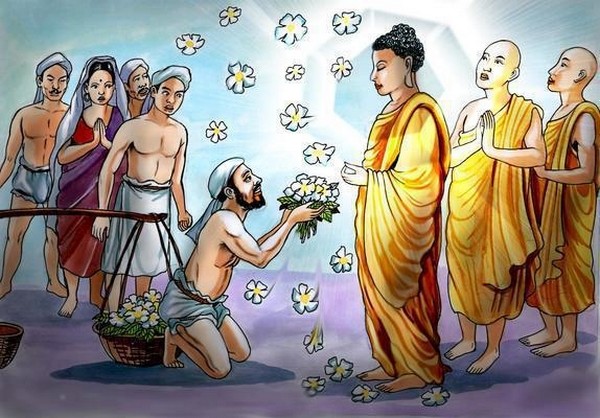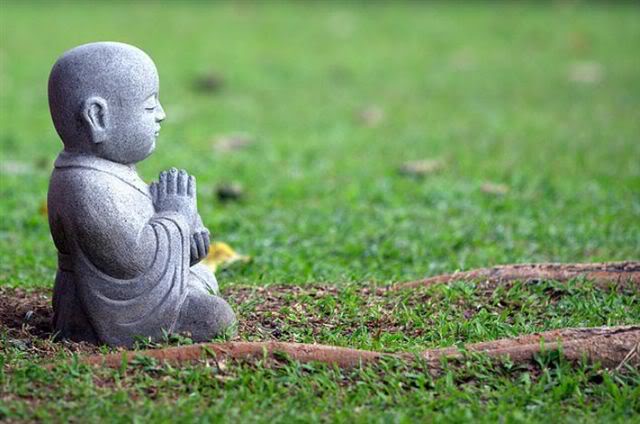The Buddhist concept of Karma is one of the fundamental teachings of Buddhism. It refers to the idea that our actions have consequences and that these consequences shape our present and future experiences. The word “Karma” comes from the Sanskrit language and means “action” or “deed.” According to Buddhism, everything we do, say, or think has an impact on our lives and the lives of those around us.

The Law of Karma
The Law of Karma is a central tenet of Buddhism. It states that every action we take produces a result, whether positive or negative. These results may not be immediate, but they will eventually manifest in our lives. In other words, what we do now will affect our future experiences.
Karma is often compared to a seed that is planted in the ground. When we plant a seed, we don’t see the result immediately. However, with time and the right conditions, the seed will sprout, grow, and bear fruit. Similarly, the actions we take plant seeds in our minds and in the world around us. These seeds may remain dormant for some time, but they will eventually bear fruit in the form of our experiences.
Types of Karma
Buddhism distinguishes between two types of Karma: good Karma and bad Karma. Good Karma is the result of positive actions such as generosity, compassion, and kindness. Bad Karma is the result of negative actions such as hatred, greed, and violence. The type of Karma we create determines the quality of our future experiences.
The Law of Karma also teaches that we are responsible for our actions and their consequences. We cannot blame others for the negative consequences of our actions. In the same way, we cannot rely on others to create positive Karma for us. We must take responsibility for our own actions and strive to create positive Karma.
Karma and Rebirth
According to Buddhism, Karma is closely linked to the concept of rebirth. Rebirth refers to the idea that after death, our consciousness is reborn in another form, either human or non-human. The quality of our rebirth is determined by the Karma we have accumulated in our previous lives.
If we have created positive Karma in our previous lives, we will be reborn into a higher state of existence. If we have created negative Karma, we will be reborn into a lower state of existence. The ultimate goal of Buddhism is to break the cycle of rebirth by attaining enlightenment and achieving liberation from suffering.

The Power of Karma
The concept of Karma is a powerful reminder of the importance of our actions and their impact on ourselves and others. It encourages us to be mindful, compassionate, and wise in our choices. By cultivating positive Karma, we can create a better future for ourselves and the world around us. By avoiding negative Karma, we can avoid unnecessary suffering and create a more peaceful and harmonious world.
In conclusion, the Buddhist concept of Karma teaches us that everything we do matters. Our actions have consequences, and these consequences shape our present and future experiences. By taking responsibility for our actions and striving to create positive Karma, we can cultivate a better future for ourselves and the world around us.

